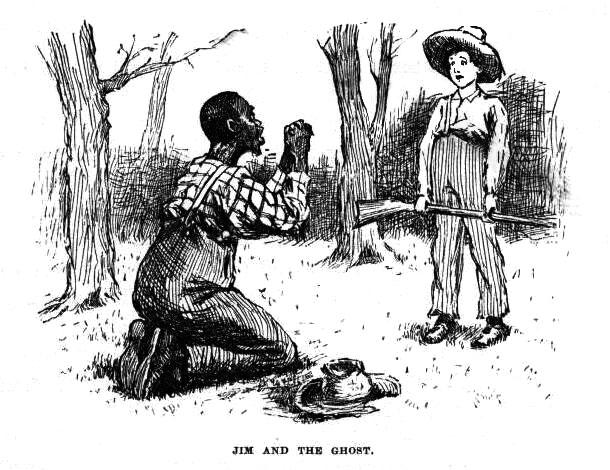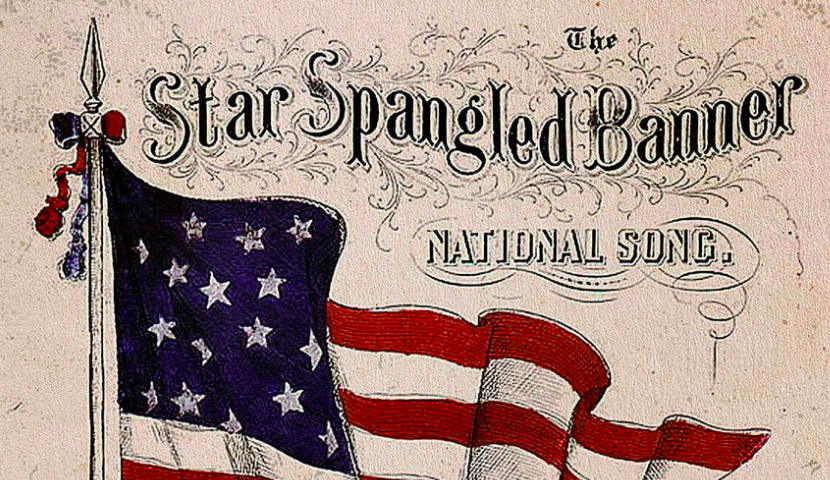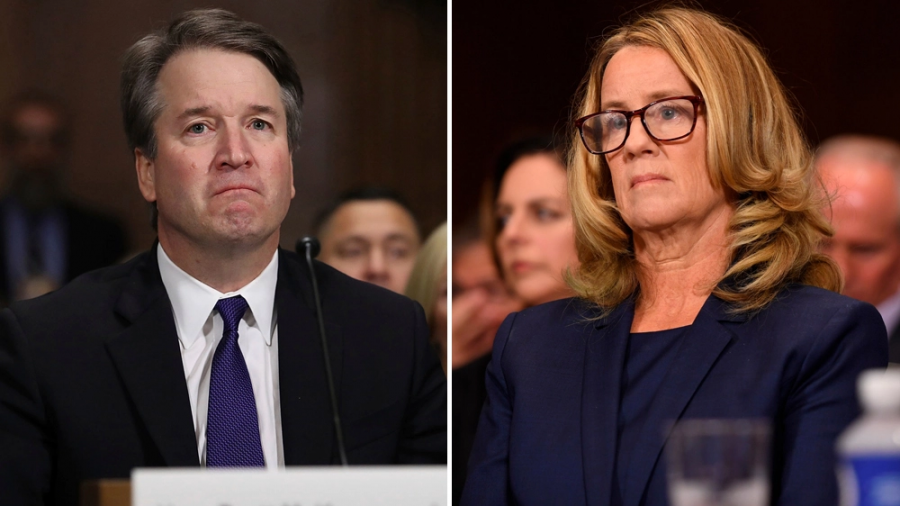Noah Offenkrantz
“We have all come to the conclusion that the community costs of reading [Huckleberry Finn] in 11th grade outweigh the literary benefits,” principal of Friends’ Central School, Art Hall, announced in early December of 2015. Friends’ Central decision to strike Huckleberry Finn from its 11th grade reading curriculum came after a group of students complained that the book’s repetitive use of the N-word and provocative racial content created an uncomfortable classroom atmosphere. As a response to Friends’ Central’s decision and other recent controversy surrounding Mark Twain’s 1884 classic, Radnor High School English teachers decided to congregate and discuss Huckleberry Finn’s literary and social merit. “No one was really against the teaching of [Huckleberry Finn] … we all recognized that there was a value there,” stated Trevor Payne, an English teacher at Radnor High School. That value, as determined by the Radnor High School teachers, stems from both the novel’s societal relevance and literary accomplishments. Specifically, the teachers praised Twain’s stylistic symphony, moving from “romantic, to tragic, to satirical voices.” This complicated yet truthful representation of reality is also demonstrated by Twain’s overall proposals on the human condition. Carl Rosin, the Radnor High School English Department Chair, exclaimed, “I would say that the thing that is most compelling for me about that novel is that it shows us humanity in a way that is very much not simple. And I think that humanity is very much not simple.”
Having established that reading Huckleberry Finn is a worthwhile investment of time, the Radnor English teachers moved on to discuss Twain’s use of the N-word and how the educators, when in their classroom environment, should go about addressing the controversial term. For the most part, Radnor High School teachers voiced their support for maintaining the work’s authenticity. Carl Rosin articulated, “I would say that for a character who is racist, for example Huckleberry Finn, [who] as a child was raised by a racist father in a racist society in the 1840s, it does not make any sense for that character to use a word other than the N-word in referring to Jim.” Rosin went on to qualify his statement, expressing, “I would say that when we are in a literature class reading the text, then that is the only time that I think it’s reasonable to use [the N-word]. I think that everybody should be aware that this word is only available to us under constrained use.”
Most of Huckleberry Finn’s backlash originates in the N-word’s inflammatory history and denotation. Students and parents across the country have continuously raised objections to the book’s language, claiming that Twain’s portrayal of a morally conflicted child and his encounter with a run-away slave ignites discomfort. Understanding the discomfort typically instigated by the N-word’s appearance in literature, Carl Rosin goes out of his way to ensure that his students comprehend how and why the word is being used. Rosin proclaims, “I want the people in my class to realize that we are not saying the word to be offensive. We are saying the word to raise an issue.” For co-teacher Trevor Payne, “the controversy is not whether the word should have been used in the book . . . it’s how you treat it as a white person. You have to be sort of sensitive to that. You know if you’re a white teacher, as I am, if you’re going to say that word, you have to have a reason for it,” bearing in mind that “often good art makes people uncomfortable.” Whether or not teachers believe that Huckleberry Finn’s merits outweigh the book’s possible spark of controversy or discomfort, most teachers agree that the N-word’s use in any classroom context is a touchy subject.
Outside of the classroom, the use of the N-word, which is found more frequently amongst communities of African descent, has raised controversy regarding who can say the word and under what circumstances the word’s use is justified. Austin Taylor, a Radnor High School Student and African American member of the ABC program, stated on the subject, “If we say the N-word, everybody should say it. I understand the negative connotation behind it and the history of the word but if we’re so hell-bent on the history of the word and why white people shouldn’t say it, we shouldn’t be saying it either. So either everybody says it or nobody says it.”
In the end, the decision of whether or not to read Huckleberry Finn boils down to a question of ethics. Should we be making students examine racial prejudice, sacrificing discomfort for Huckleberry Finn’s literary accomplishments, or does sustaining comfort supersede the book’s intellectual value? To this question, Austin Taylor responds, “To be honest, a school that’s like ‘we shouldn’t read Huck Finn,’ is trying to mask what happened back in those times. I understand ‘oh the N-word’ and ‘oh the race,’ but that’s what happened. You can’t try to cover up what happened by not reading the book and then doing one chapter on it in history class.”
Categories:
Friends’ Central Bans Huckleberry Finn Sparking a not so Black and White Debate
February 26, 2016
More to Discover






